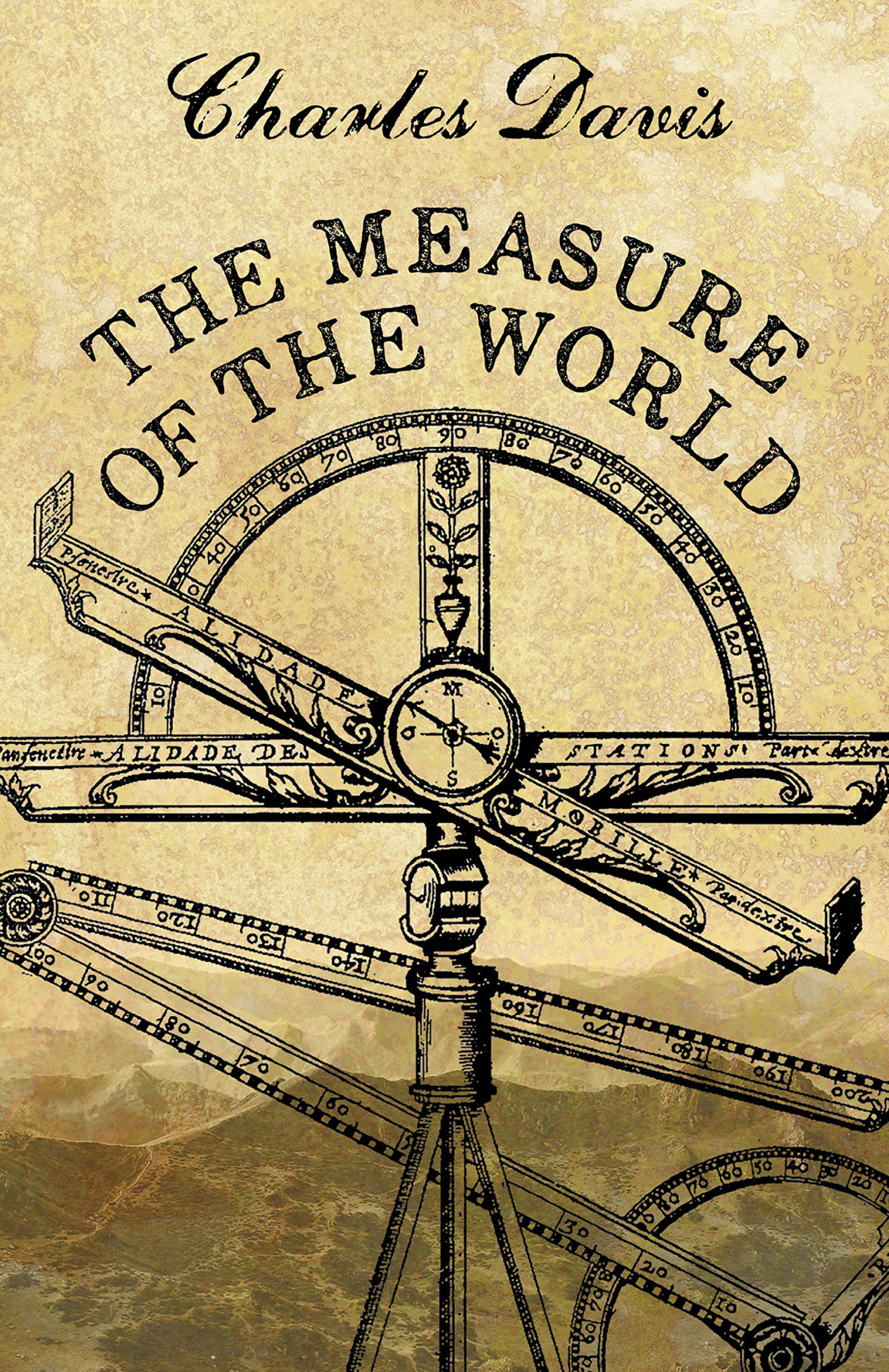Two Winners From Sag Harbor’s The Permanent Press


Book clubs take note: One of the most original unsung voices around is that of Charles Davis. His latest short novel, “The Measure of the World,” once again shows his gift for combining the erudite and the everyday in an eccentric, accessible narrative full of historical adventure and romance that will likely prompt dictionary use as well as delight.
The fun and learning include a postscript that testifies to the wide-ranging, sometimes arcane, research in French and English that went into this book on the political and scientific world of France, as the Revolution deepened into The Reign of Terror in 1792 and played out in the countryside around the Pyrenees.
Davis, whose sardonic wit and gnomic sayings inform all his work, attaches them now to an affable, risk-taking young geographical engineer, aka surveyor, Jacques-Francois Darbon, charged by the Paris powers that be (at the time) with “triangulating a meridian arc,” or measuring and mapping regions in the mountainous regions of the south, near Spain, in order to come up with standard findings and nomenclature that will aid trade, “resolve food shortages and nurture rationality in its users.” Hah!
The project, both radical and perilous, calls upon knowledge of astronomy, mathematics, geodesy, dialects, and topographical drawing skill, as well as “imbecility,” a quality claimed by both Citizen Darbon and the author.
Darbon, an innocent abroad from Paris, loaded down with all manner of measuring devices, and his beloved mule, Molly, soon finds himself in hostile territory, with a misguided naïve notion that “people are rational or might even wish to be so.” He comes to understand, though, among the uneducated rabble of peasants, shepherds, and smugglers he meets along the way, as well as from sophisticated con men, that “every age has its weakness, and ours was a faith in human reason.”
Still, with “luck and cunning,” he pursues his challenge to “map” the area, a goal that he imaginatively and ingeniously extends as a metaphor to map his life, which comes to include a deep and abiding love for a shepherdess who matches him in wit and wisdom.
Conversations move from wacky wise to musingly metaphysical, from philosophical discourse to colloquial bantering, and clearly resonate for our own day. Darbon grows from Candide to cynic but without abandoning a basic self-deprecating humanity and capacity for love. He comes to see that there may be charm, solace, and truth — not so much in straight lines of latitude and longitude as in “a more ancient world of winding ways and warped contours, a place of nooks and crannies. . . a world that resists the attempts of men of science to define it.”
And he comes to appreciate that there is “something unmapped in the human heart, a dark continent that is home to our most morbid desires” which even the greatest poets only seem to sketch the edges of but that he embraces, if only to survive.
It’s not easy to write a fiction series, but with “Evergreen,” Howard Owen’s eighth mystery featuring Richmond, VA newspaperman Willie Black, the author once again shows his skill balancing old and new and managing an engaging whodunit, even though it’s obvious (and desirable) that Willie must prevail if he’s going to make it to series number nine. In any case, readers of Willie’s world will find the first-person narrator to be a savvy, sarcastic, compassionate “nosy-ass reporter,” 57 years old now and happily married to Cindy, wife number four — he finally got it right.
Willie, whose father was black and whose white mother, Peggy, lives nearby in a perpetual marijuana haze, has gone from being a top-form investigative reporter to working the crime night beat (due to workplace insubordination plus print media contraction) and having to do a dopey This-Day-Years-Go column. He’ll find trouble, though, and trouble will find him. And so it is that, visiting a dying friend in a hospital, he learns that his father whom he never knew, has a grave in Evergreen, a real African American cemetery (Owen knows his turf), and soon after learns that his father, Artie Lee, died under questionable circumstances in a so-called car accident. Off we go.
It’s a delightful ride, with colorful characters from previous novels back again to entertain. They include Peggy, oddly mum about Artie except to say he was a fabulous sax player. There’s also Awesome Dude, a wonderful creation from earlier books, a big, spaced-out but smart Indian who lives in Willie’s apartment complex from time to time. And Willie’s daughter, Andi, and her young son, William (named after Willie after they reconciled). Various members of the police department also reappear, as usual looking askance at Willie but yielding to his smarts and dogged persistence.
There are also, significantly, folks at Willie’s newspaper, forever in survival mode, waiting to see what the young inexperienced suits will do but, like Willie, dedicated to journalism. Indeed, one of the continuing pleasures of Owen’s books is his love — and Willie’s — for the good old days of print when newspapers seemed to care more about bylines than buy-lines.



